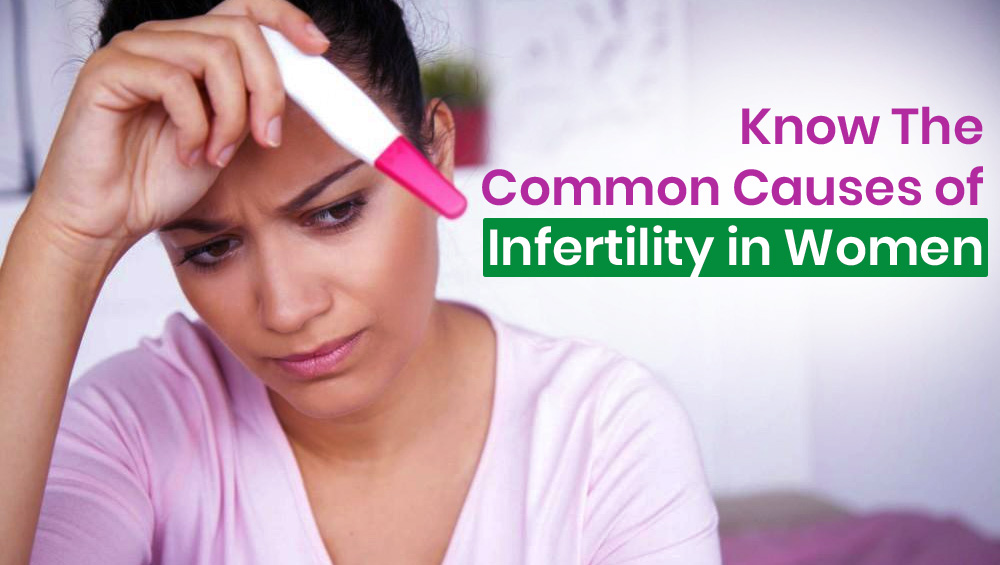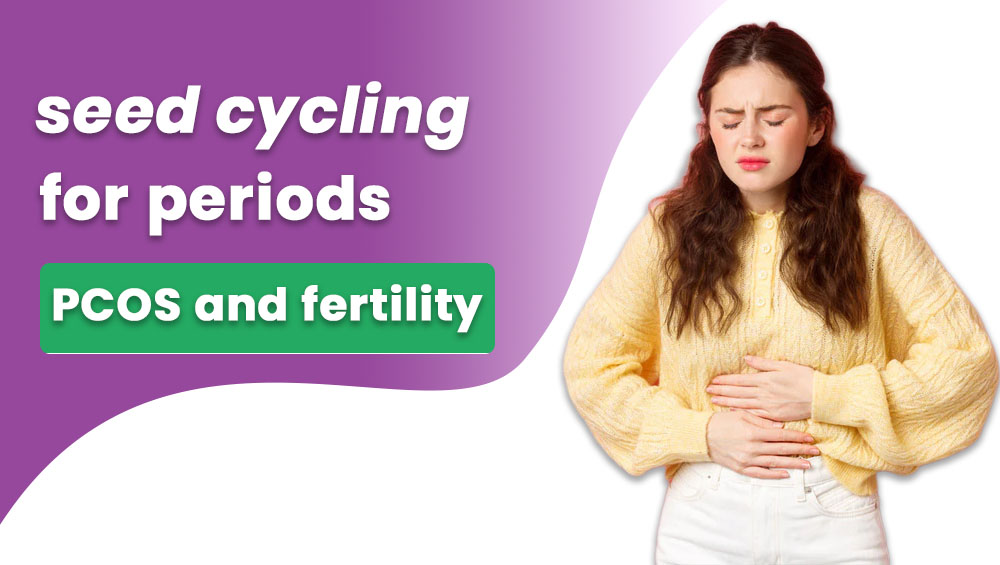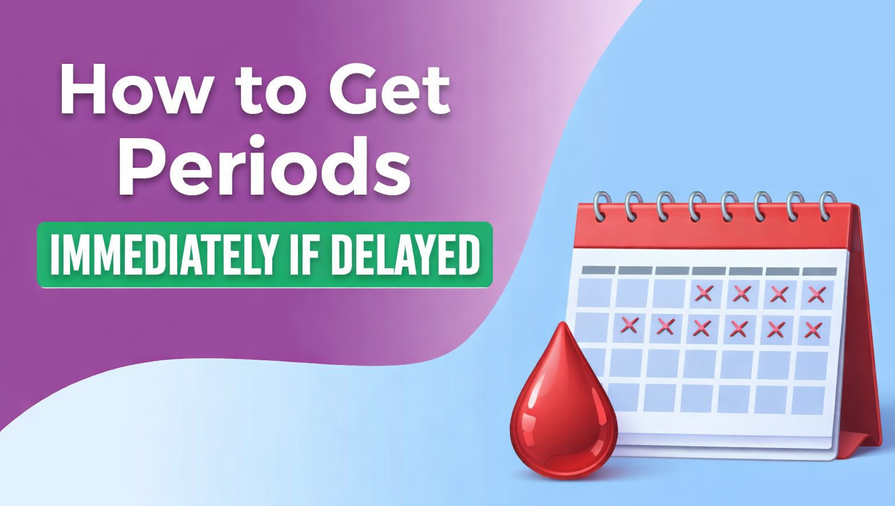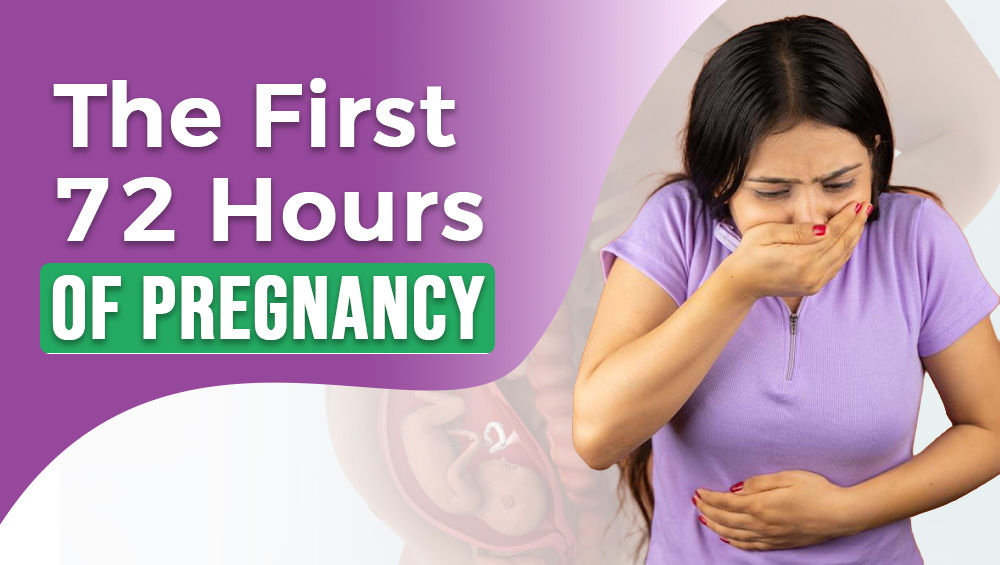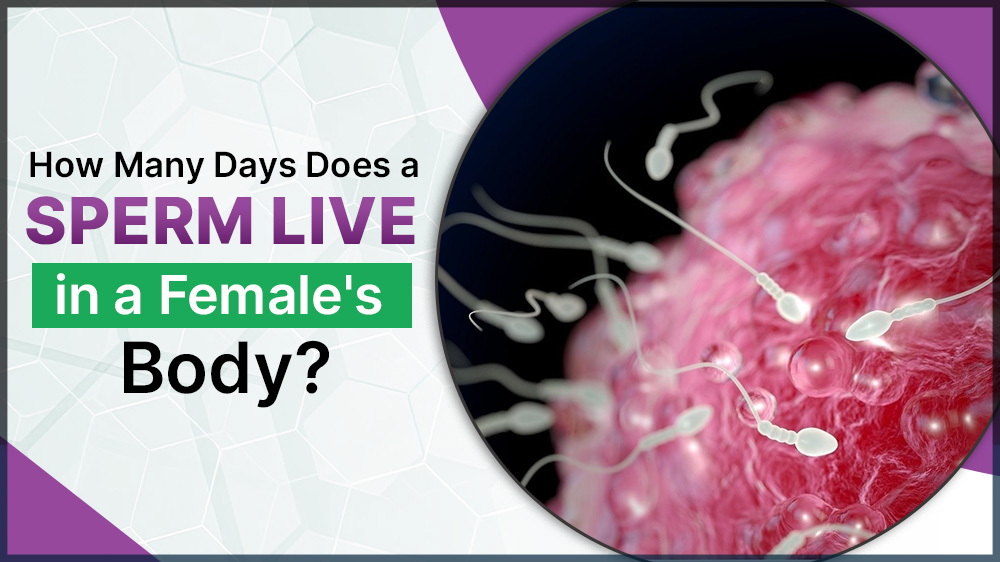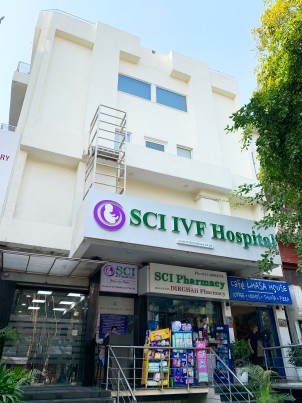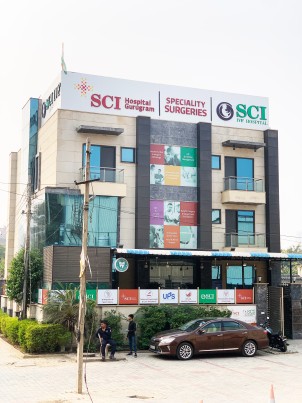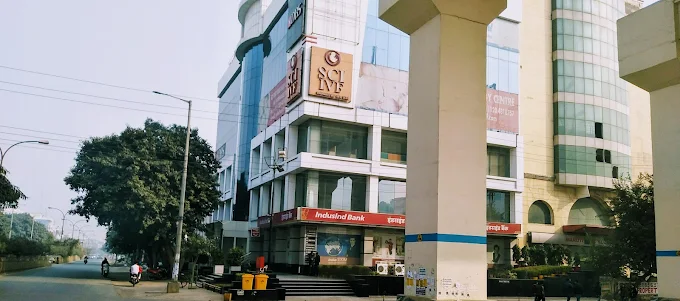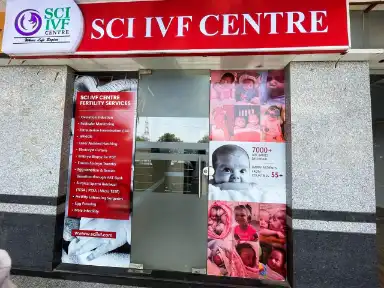Know The Common Causes of Infertility in Women
Many couples in India are experiencing infertility and in almost 40% of the cases this issue is connected with the woman's reproductive system. The emotional stress of failing to conceive is understandable, but the fact remains that with the right medical assistance, most causes of female infertility are diagnosable and treatable.
This blog explains the most common causes of infertility in women, early signs of infertility in women, signs you can't get pregnant, how to know if you're infertile, how doctors diagnose the problem and why choosing the right IVF centre makes all the difference.
What Is Female Infertility?
Not being able to get pregnant after a year of trying sex without using protection (or after 6 months if the woman is 35 years or older) is called female infertility. Infertility can also be short term.
In India there is even more difficulty with the challenges of women’s fertility because of marriage being delayed, Polycystic Ovary Syndrome (PCOS), high levels of stress, problems with hormones, thyroid issues, poor lifestyle choices and even infections that have not been diagnosed at all.
Early Signs of Infertility in Women You Should Not Ignore
Many women believe that infertility shows itself only when one fails to get pregnant but there are early signs of infertility in women that one’s body gives even before that.
1. Irregular or Absent Periods
When your cycle stays irregular, whether it is fewer than 21 days or more than 35 days or if your periods are frequently skipped and ovulation might not be happening.
2. Very Painful Periods or Pelvic Pain
Having particularly severe pain during periods could indicate endometriosis or even fibroids or pelvic inflammatory disease and all of which can negatively affect your ability to conceive.
3. Unexplained Weight Gain, Acne or Excess Hair Growth
These could mean there’s a hormonal issue, likely PCOS which is the leading cause of female infertility in India.
4. No Pregnancy Even After Trying for One Year
If you are under the age of 35 and have been trying for 12 months with no success or 6 months if you are over 35 you may have a sign of infertility which could mean you cannot get pregnant naturally.
5. Unusual Vaginal Discharge or Past Pelvic Infections
If you have fallopian tube damage, it may be due to untreated STIs, tuberculosis of the reproductive organs or PID.
What Causes Infertility in Women?
There are many reasons and causes of infertility in women and here are some of them given below-
1. Problems With Ovulation
Not releasing eggs regularly can happen due to conditions like PCOS, thyroid hormonal imbalance, increased prolactin or premature ovarian insufficiency.
2. Damaged or Blocked Fallopian Tubes
Due to pelvic infections, TB, STIs, ectopic pregnancy or previous abdominal surgeries and blocked tubes are common with Indian women.
3. Endometriosis
This painful problem has tissue like the lining of the uterus growing outside it. It also affects the ovaries, the tubes and the hormonal imbalance.
4. Uterine or Cervical Issues
Abnormal growths of the uterus or cervix like fibroids, polyps or having the uterus shaped differently may hinder implantation and also obstruct the entry of sperm.
5. Aging and Lowering Fertility
From the age of 30, women’s ovaries start to lose eggs and also lower in quality. This change is more drastic at age 35.
6. Personal Choices
High levels of drinking alcohol, smoking, being overweight, poorly sleeping, stress, little to no exercise and having children at older ages all affect infertility hormones.
7. Infertility with No Clear Reason
About 10-15% of the time, there is no medical reason identified and aids like IVF still make pregnancy possible.
Diagnosis of Female Infertility
A fertility doctor might suggest these kinds of tests:
- Spending time on a detailed medical history & pelvic exam.
- Hormonal blood tests for FSH, LH, AMH, thyroid and prolactin.
- Ovarian and uterine ultrasounds.
- HSG/HyCoSy exam for fallopian tube blockages.
- A laparoscopy for suspected endometriosis or PID.
- A partner’s semen analysis for male infertility.
Can Female Infertility Be Treated?
Yes — most cases are treatable based on the cause.
|
Treatment Type |
Best For |
|
Ovulation medicines (Clomid, Letrozole) |
PCOS & irregular ovulation |
|
Hormone therapy |
Thyroid, prolactin, ovarian issues |
|
Laparoscopy |
Endometriosis, fibroids, tube repair |
|
IUI (Intrauterine Insemination) |
Mild infertility cases |
|
IVF / ICSI |
Blocked tubes, low egg reserve, severe infertility |
|
Donor egg / embryo options |
Women with low egg quality or age 40+ |
When Should You See a Fertility Specialist?
- You’ve been trying for a year and you are younger than 35 and not pregnant.
- If you’re over 35 and not pregnant after trying for 6 months.
- You experience missing or inconsistent periods.
- You’ve been dealing with miscarriages.
- If you have endometriosis, a pelvic infection, PCOS or a thyroid disorder.
- Planning a pregnancy after 38.
Why Choose SCI IVF Hospital, Delhi?
- Over 20 years experience in infertility & IVF
- Advanced Embryology lab leads to high success rates
- Dedicated team of fertility specialists along with embryologists and laparoscopic surgeons
- Ethical & transparent individualized treatment plans
- Competitive IVF & fertility preservation costs to assist Indian couples
- Proven track record of thousands of successful IVF pregnancies & live births
Final Thoughts
We understand that dealing with infertility can be difficult, but most causes can be treated with proper diagnosis. If you are considering going for a fertility diagnoses CPC can help you. Adapting to advanced options like IUI, IVF, ICSI, egg freezing and lesser invasive processes allows many women to achieve to their desired healthy pregnancy, which is something many women struggled to achieve earlier.
Get help from SCI IVF Hospital, best fertility centre in Delhi If you are trying to conceive for a long time or have unexplained symptoms. Hope can be turned into parenthood with the right help from the right people.
FAQs for Female Infertility
1. What are the most common issues that causes women to be infertile?
Originally attributed to PCOS, blocked tubes, endometriosis and age-related decline of eggs.
2. Can you cure infertility naturally?
In some hormone-related cases, lifestyle changes prove helpful, however, all cases require a medical examination.
3. What age does a woman begin to lose her fertility?
30 and especially after 35 a woman’s fertility greatly declines.
4. Can blocked fallopian tubes get you pregnant?
Yes, through IVF which is the most effective treatment since it completely bypasses the fallopian tubes.
5. Can infertility be caused by too much stress?
Chronic stress does affect ovulation and hormones, however, it is rarely the only reason.
